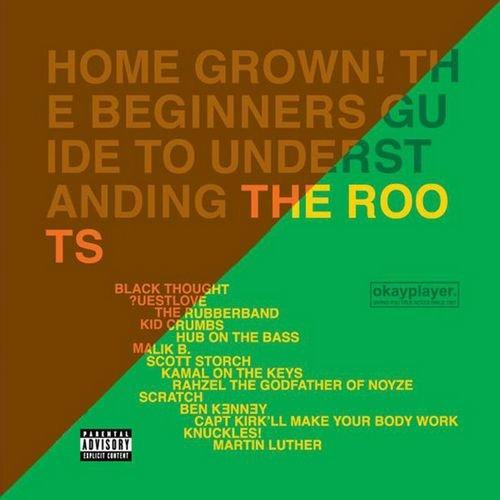Understanding the Significance of the Peter Denied Jesus Verse in the Context of Faith
The story of Peter denying Jesus is one of the most profound narratives found in the New Testament, encapsulating themes of betrayal, redemption, and the co……
The story of Peter denying Jesus is one of the most profound narratives found in the New Testament, encapsulating themes of betrayal, redemption, and the complexities of human faith. The Peter denied Jesus verse serves as a pivotal moment not only in the life of Peter himself but also in the overall narrative of Jesus' journey towards crucifixion and resurrection. This article delves deep into the significance of this verse, exploring its implications for believers and its relevance in contemporary Christian life.
To fully appreciate the Peter denied Jesus verse, we must first understand the context in which it occurs. During the Last Supper, Jesus foretells Peter's denial, predicting that Peter would deny knowing Him three times before the rooster crows. This prophecy is crucial as it highlights both Jesus' omniscience and Peter's human frailty. The Peter denied Jesus verse is found in the Gospels of Matthew, Mark, Luke, and John, each providing a slightly different perspective on the event, yet all conveying the same fundamental truth: even the most devoted followers can falter in their faith.

The moment of denial occurs after Jesus is arrested and taken to the high priest’s courtyard. Peter, who had previously vowed to stand by Jesus no matter the cost, finds himself in a precarious situation. When confronted by a servant girl who recognizes him as one of Jesus' disciples, Peter denies knowing Jesus. This denial occurs not once, but three times, culminating in the crowing of the rooster, which serves as a painful reminder of his failure. The Peter denied Jesus verse acts as a mirror reflecting our own struggles with faith and commitment.
The emotional weight of this narrative is profound. It illustrates the tension between loyalty and fear, a struggle that many believers face in their own lives. How often do we find ourselves in situations where our faith is tested? The Peter denied Jesus verse resonates with anyone who has ever felt the pressure to conform or to remain silent about their beliefs. It serves as a reminder that even the strongest among us can falter, but it is through these moments of weakness that we can learn and grow.

Furthermore, the story does not end with Peter's denial. After the resurrection, Jesus reinstates Peter, asking him three times if he loves Him. This act of restoration is crucial, as it emphasizes the theme of forgiveness and the possibility of redemption. The Peter denied Jesus verse ultimately leads to a powerful message: no matter how far we stray, we can always return to grace. This aspect of the narrative is particularly relevant in today's world, where many individuals grapple with feelings of inadequacy and guilt over their shortcomings.
In conclusion, the Peter denied Jesus verse is more than just a historical account; it is a timeless lesson about the nature of faith, the struggle against doubt, and the boundless grace that awaits us. As we reflect on this story, we are reminded that our failures do not define us, but rather, they can be the catalysts for deeper understanding and stronger faith. Embracing the lessons contained within this verse can empower us to face our own challenges with courage and conviction, knowing that we are not alone in our struggles.
